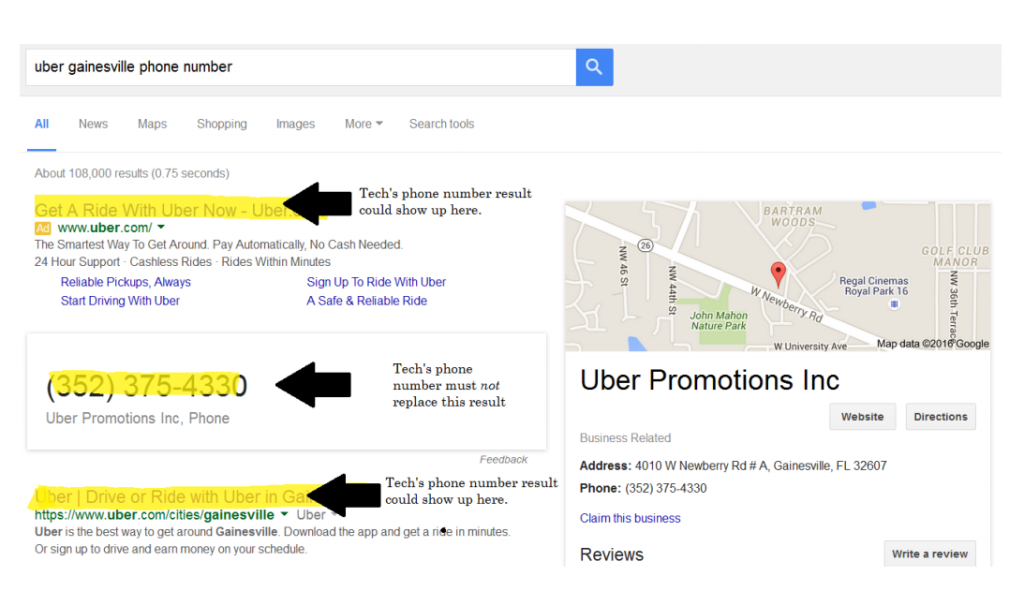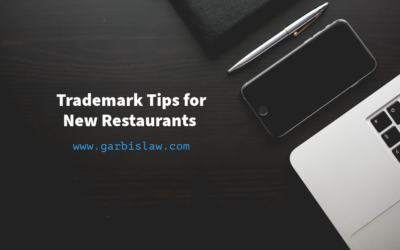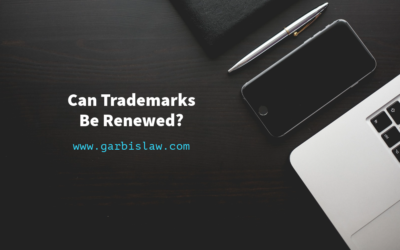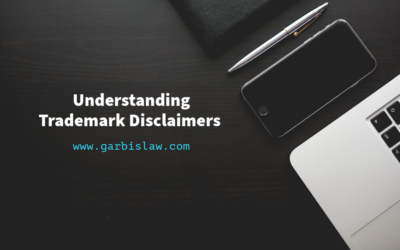A few months ago, I wrote about Uber’s potential trademark issues with a company in Florida named Uber Promotions (“Promotions”), which offers transportation services, specifically limousines and party buses. The Uber we all know is the popular ride-sharing company that has seen significant growth in recent years and allows you to request a driver through an app on your phone to take you to your desired destination.
Promotions had filed a motion for preliminary injunction to try and force Uber to change its trademark throughout all of Florida. A United States District Court reached a decision, partially granting this preliminary injunction, on February 16, 2016.
WHAT IS A PRELIMINARY INJUNCTION?
A preliminary injunction is a ruling by a court entered before the actual trial begins/ends which will prevent a party from doing a specific action until the case is decided at trial. Here, Promotions is trying to force Uber to change its trademark throughout Florida and to operate under a completely different name in the state.
For injunctive relief to be granted, the moving party must show that:
- It has a substantial likelihood of success on the merits;
- Irreparable injury will be suffered unless the injunction issues;
- The threatened injury to the movant outweighs whatever damage the proposed injunction may cause the opposing party; and
- If issued, the injunction would not be adverse to the public interest.
In reviewing the arguments, the Court warns that “a preliminary injunction should not serve as a bazooka in the hands of a squirrel, used to extract from a more fearsome animal a bounty which the squirrel would never be able to gather by his own labors – at least not when the larger animal is mostly without sin.”
Instead, it decides to significantly narrow the scope of the injunction Promotions was hoping for.
WHAT IS REVERSE CONFUSION?
The concept of likelihood of confusion breaks down to determine how likely it is that consumers will confuse one brand with the other. Usually, a company with a registered trademark looks to stop another company that started using a similar mark. In this case, however, the company with the registered trademark is actually the junior (second) user and happens to be a very well known brand.
As the court points out, this is a classic case of “reverse confusion.” It occurs when the “junior user saturates the market with a similar trademark and overwhelms the senior user.” “The harm flowing from reverse confusion is that ‘[t]he public comes to assume the senior user’s products are really the junior user’s or that the former has become somehow connected to the latter. . . . [T]he senior user loses the value of the trademark—its product identity, corporate identity, control over its goodwill and reputation, and ability to move into new markets.’”
HOW DO YOU DETERMINE TERRITORY?
In order to determine whether or not requesting an injunction throughout the whole state of Florida was reasonable, the court had to define territory Promotions operated in, or was reasonably expected to expand into. To do that, it looked to (1) Promotion’s actual trade zone, (2) any attempts to expand that trade zone, and (3) how often it goes out of that trade zone.
The Court concluded that Promotions mainly served customers in the Gainesville area. There were times when it arranged to transport passengers to and from other cities in Florida, but not enough to make its mark “known” in each and every one of these areas. “The geographic area in which an unregistered trademark is in use is defined as the area in which the use of a similar mark would create a likelihood of confusion.” With that said, the Court limited the scope of the injunction to the Gainesville area.
BALANCING ACT AND RULING
The Court goes through to analyze a number of factors that come into play when determining likelihood of confusion. Promotions has to show that the threatened injury to it outweighs whatever damage the injunction would cause to Uber. In an effort to limit the preliminary injunction as to not create significant damage for Uber, but to also help Promotions, the court concluded that the Defendant (Uber):
- Cannot use the UBER mark in connection with UberEVENTS service in the Gainesville market (Alachua County) until further notice
- Cannot advertise UberEVENTS service in Alachua County
- Ensure that anyone attempting to “book” an event in Alachua County through the UberEVENTS webpage will not be allowed to complete the transaction
- Must set up a 352-area-code phone number to handle phone calls. That phone number must be listed in all available directories and any online search conducted using the keywords “Uber Gainesville phone” or “Uber Gainesville phone number” returns that 352 phone number.
- Must ensure that a search conducted online using the keywords “Uber promotions Gainesville phone” or “Uber promotions Gainesville phone number” does not return a result with Defendant’s 352 phone number.
Here’s an example of what the online search result should look like:

What do you think? Is that enough, or would you still be confused if you lived in the Gainesville market?
Read the ruling here: Uber Preliminary Injunction





